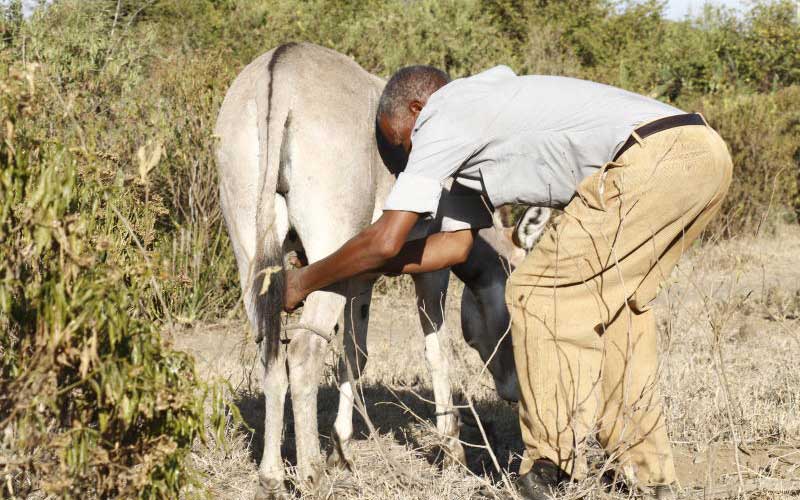×
The Standard e-Paper
Smart Minds Choose Us

Kenyatta University’s Kitui Campus has partnered with an NGO to carry out research aimed at getting a donkey breed that grows and reproduces faster, and is also immune to diseases.
Announcing the partnership between the university and Brooke East Africa at Kitui Campus during launch of donkey welfare project, Vice Chancellor Paul Wainaina said the campus was going into non-conventional programmes in agriculture such as donkey breeding.